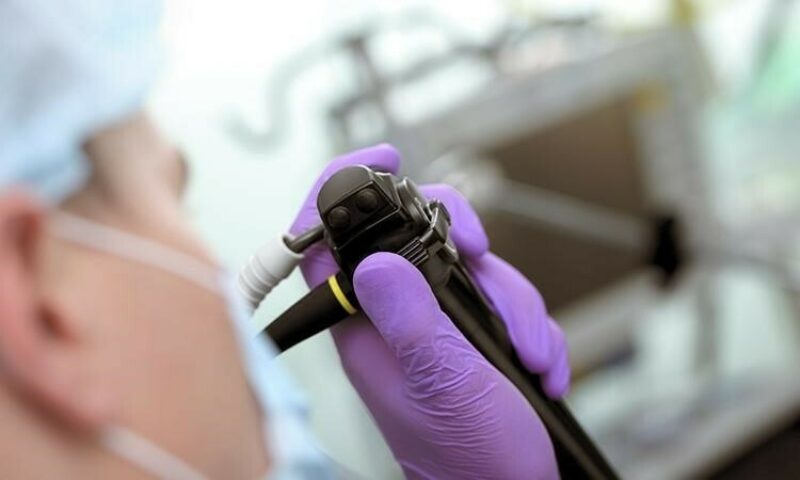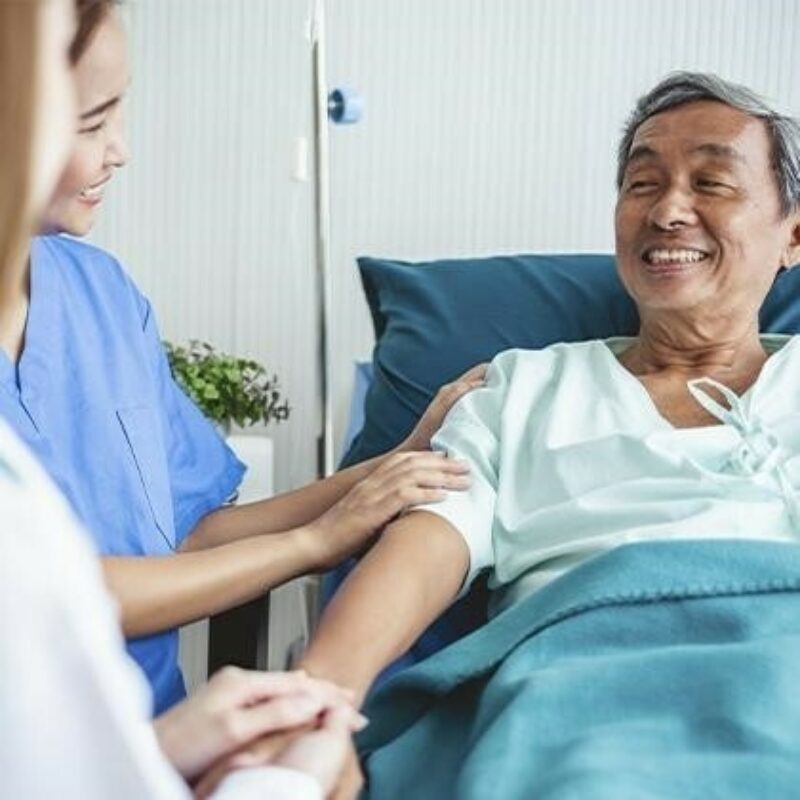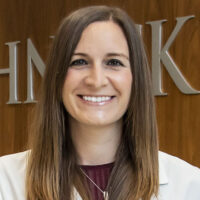Why a colonoscopy might be needed
Various conditions that affect the large intestine can be detected and diagnosed with the help of a colonoscopy:
Colorectal cancer
Inflammatory bowel disease (IBD)
Diverticular disease
Bleeding or anemia
Other symptoms such as abdominal pain, chronic diarrhea, constipation, weight loss, or bowel irregularity






